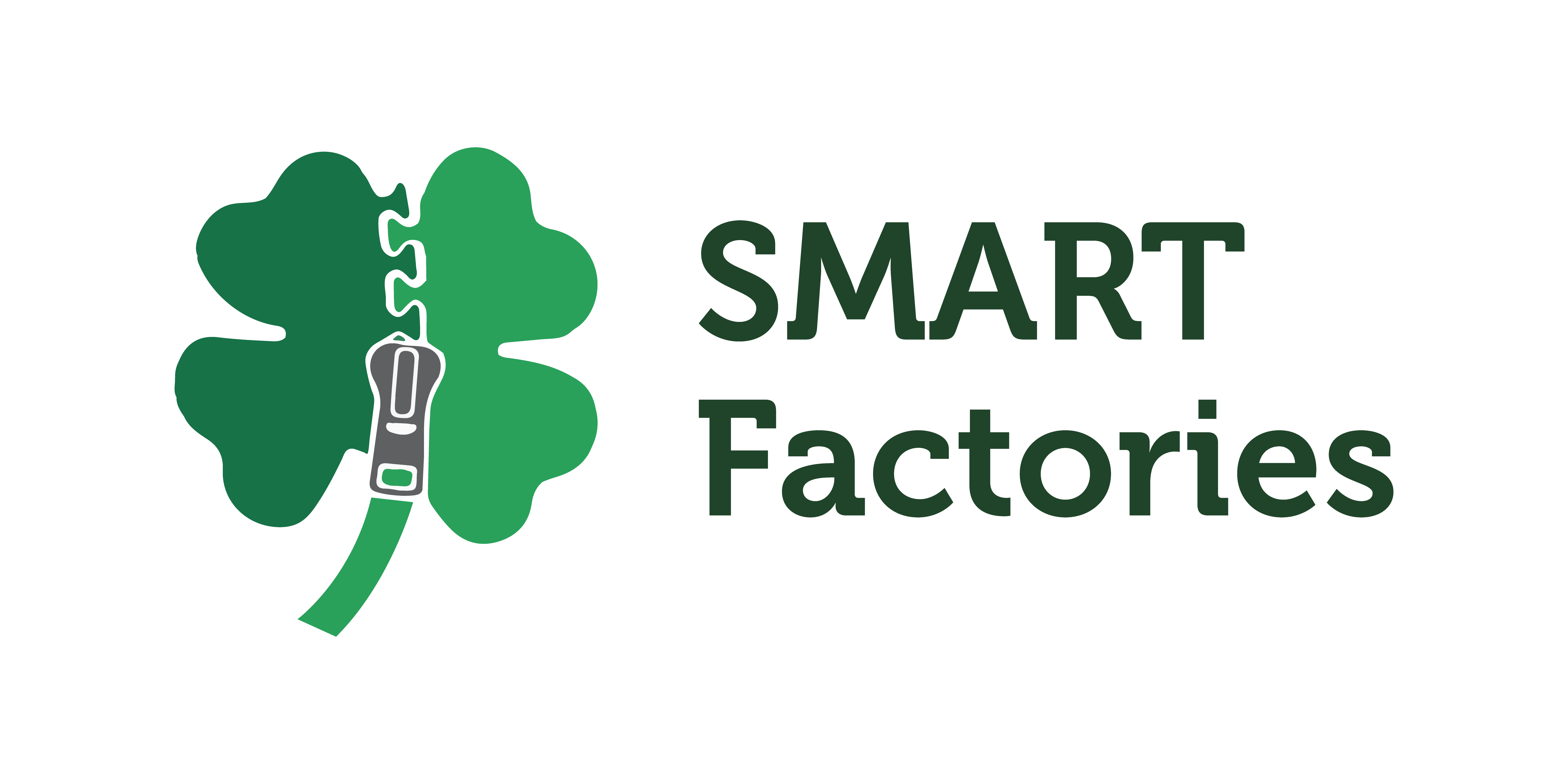
On December 6th, 2019 SMART Myanmar II will be holding our closing conference. During this meeting we will discuss and reflect back on the changes, challenges and improvements implemented across the Myanmar garment industry during this 2nd project phase of SMART from 2016 to 2019.
We will furthermore be publicly launching the third phase of the SMART Myanmar initiative - - SMART TaG. Whereas SMART Myanmar I (2013-2015) introduced social compliance to the Myanmar garment industry, improved productivity and product quality management in selected locally owned factories, trained some of the first skilled industrial engineers and factory compliance assessors and began the process of renewing business and trade linkages between Myanmar and the international community, SMART Myanmar II upscaled many of these capacity building programs to thousands of managers, staff and workers from over 200 garment & footwear factories across the industry. SMART Myanmar II worked primarily in Yangon, but also with factories in Bago, Mandalay, Pathein, Myawaddy, Taungyi and elsewhere. SMART's third phase, SMART TaG, runs from May 2019 until April 2022 and focuses on continuing several of these successful on-site capacity building programs, especially the SMART Management Systems Program and SMART Environmental Management Program, but aims to further the transparency and disclosure of progress achievements, as well as better inform European consumers on how to purchase sustainably produced garments. Of the several new activities planned for SMART's third phase, some key details include:
- Initiative again led by sequa gGmbH, SMART TaG is funded by the European Union, co-funded by the private sector, and implemented with other partners including: the Confederation of Trade Unions Myanmar, amfori and the Centre for Economic and Social Development.
- Retailers/buyers are invited to join SMART TaG as either founding members or associate members, under a new fee-paying structure that will ensure adequate private sector contribution and involvement towards the further development of responsible manfuacturing practices in Myanmar.
- A publicly available factories database detailing the progress achievements and critical issues of companies in the Myanmar garment industry will be established, bringing a new level of transparency to the Myanmar garment industry, similar to recently established databases already implemented in Cambodia by Better Factories and in Bangaldesh by the Accord on Building and Fire Safety.
- European consumers will be better informed on how to purchase sustainably manufactured garments and on the manufacturing practices in Myanmar factories.
- A textile value chain assessment will detail and inform investors, the Myanmar government and other interested stakeholders on the key priorities and opportunities for lengthening the value chain in Myanmar production.



